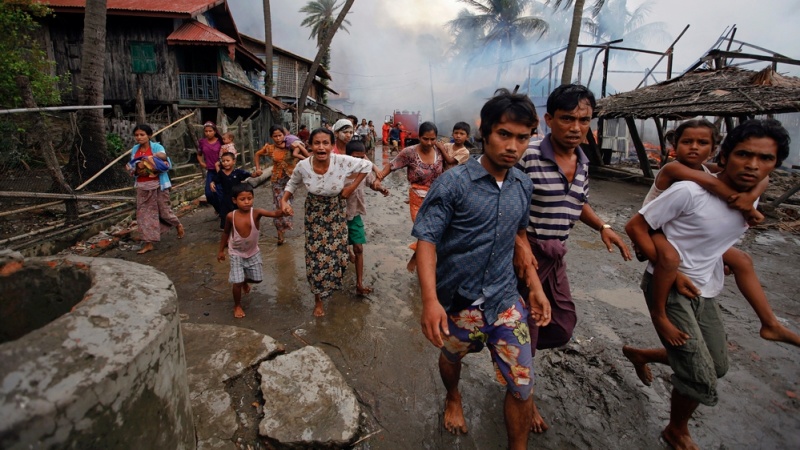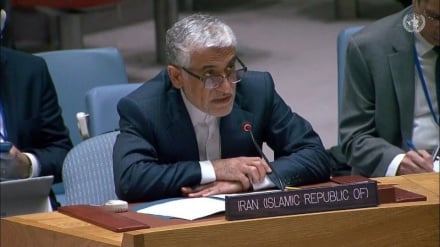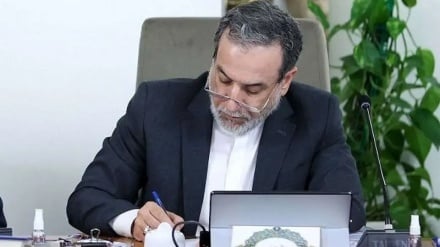UN envoy says Myanmar army still committing ‘crimes against humanity’
The UN’s special rapporteur on Myanmar’s human rights situation has accused the country’s military of targeting “civilian population” in two states to an extent that could amount to “war crimes” and “crimes against humanity”.
“While the world is occupied with the COVID-19 pandemic, the Myanmar military continues to escalate its assault in Rakhine State, targeting the civilian population,” said Yanghee Lee at the end of her term as the UN rapporteur in a statement on Wednesday.
She said the Tatmadaw– the Armed Forces of Myanmar – is inflicting immense suffering on the ethnic communities in Rakhine and Chin states, and “is systematically violating the most fundamental principles of international humanitarian law and human rights.”
The outgoing UN rapporteur said the Myanmar military’s conduct against the civilian population of Rakhine and Chin States “may amount to war crimes and crimes against humanity.”
Yanghee Lee said the Myanmar army’s recent air and artillery strikes in civilian areas in Rakhine and neighboring Chin State have “killed and injured scores of adults and children,” and the military has prevented some of the injured from accessing urgent medical care.
She added that schools, houses and “even an entire village of up to 700 homes” had been burned or destroyed.
The UN expert said the military has arrested, tortured or killed dozens of men. After burning up to 700 homes in Tin Ma village in Kyauktaw on 22 March, 10 men disappeared. One man was found shot dead and decapitated bodies were later located in a nearby river.
A United Nations fact-finding mission has previously found that “the gravest crimes under international law” have been committed in Myanmar and called for genocide trials.
Myanmar and its de facto leader Aung San Suu Kyiare under international pressure to improve their treatment of the Rohingya after a bloody military crackdown in 2017 sent around 750,000 civilians fleeing into Bangladesh and prompted genocide charges at the UN's top court.
Thousands still remain in Myanmar under apartheid-like conditions, confined to camps and villages and denied access to healthcare and education.
The International Criminal Court (ICC) recently approved a long-awaited full investigation into the crimes against the Rohingya minority.
SS



